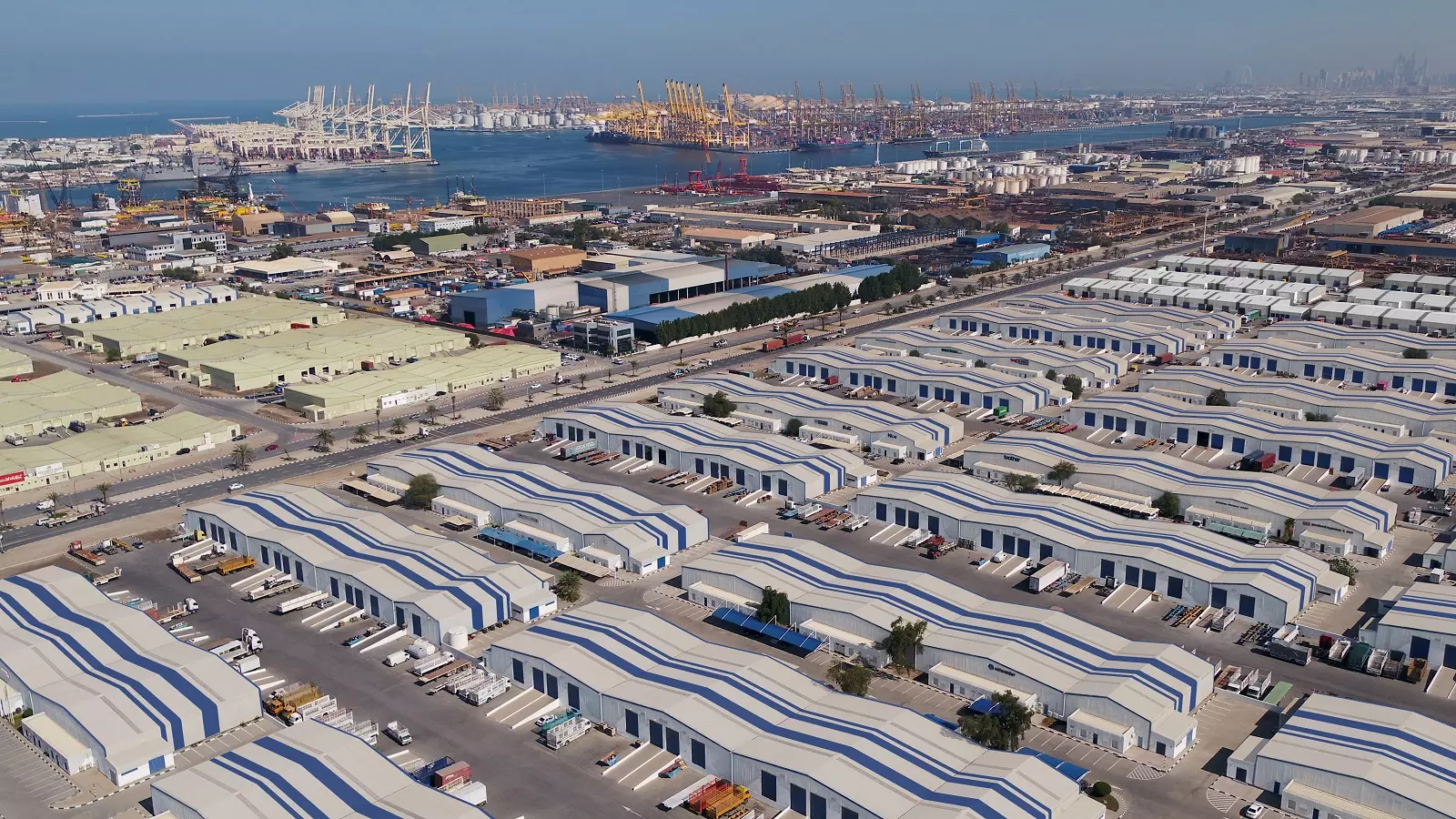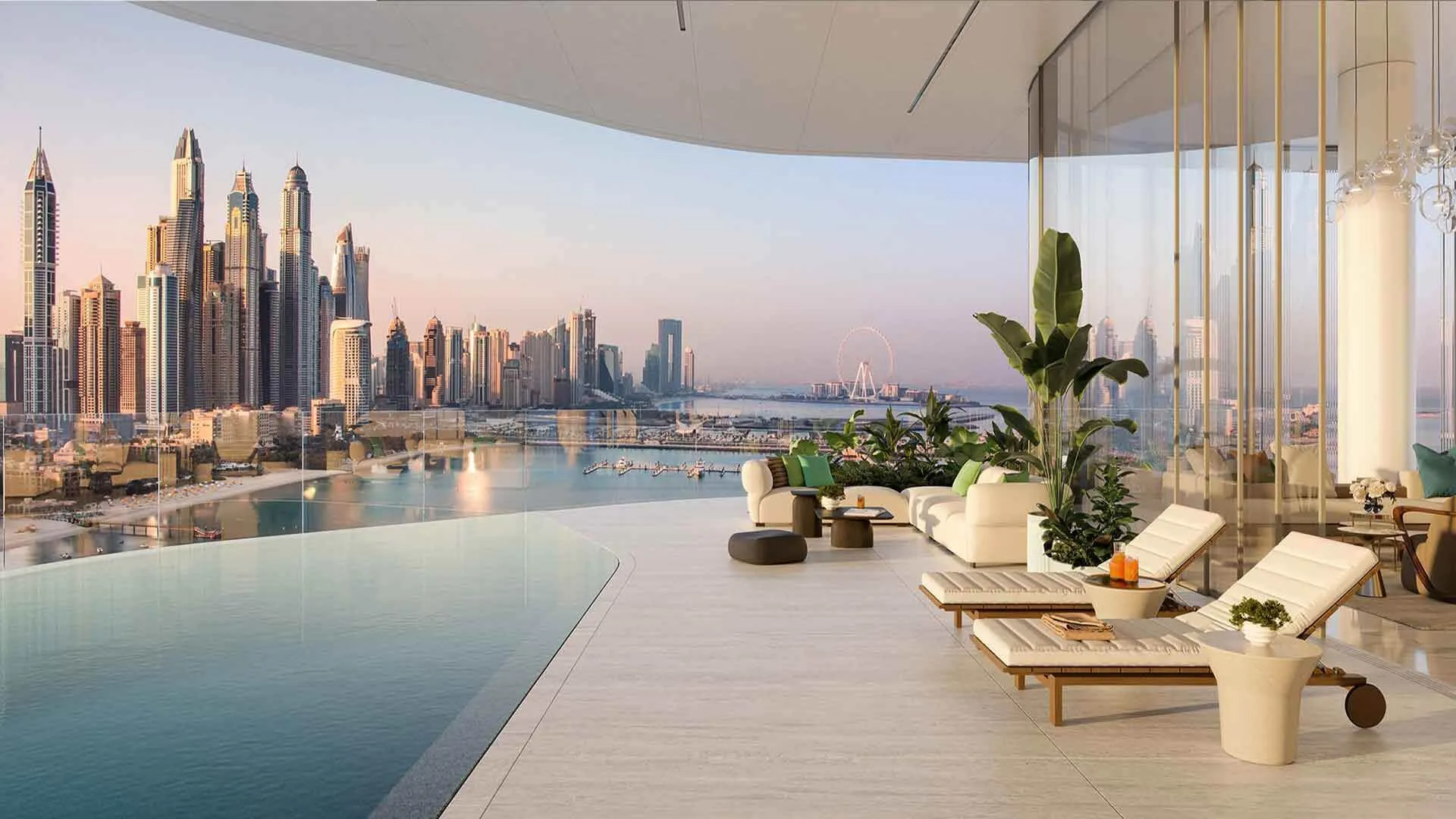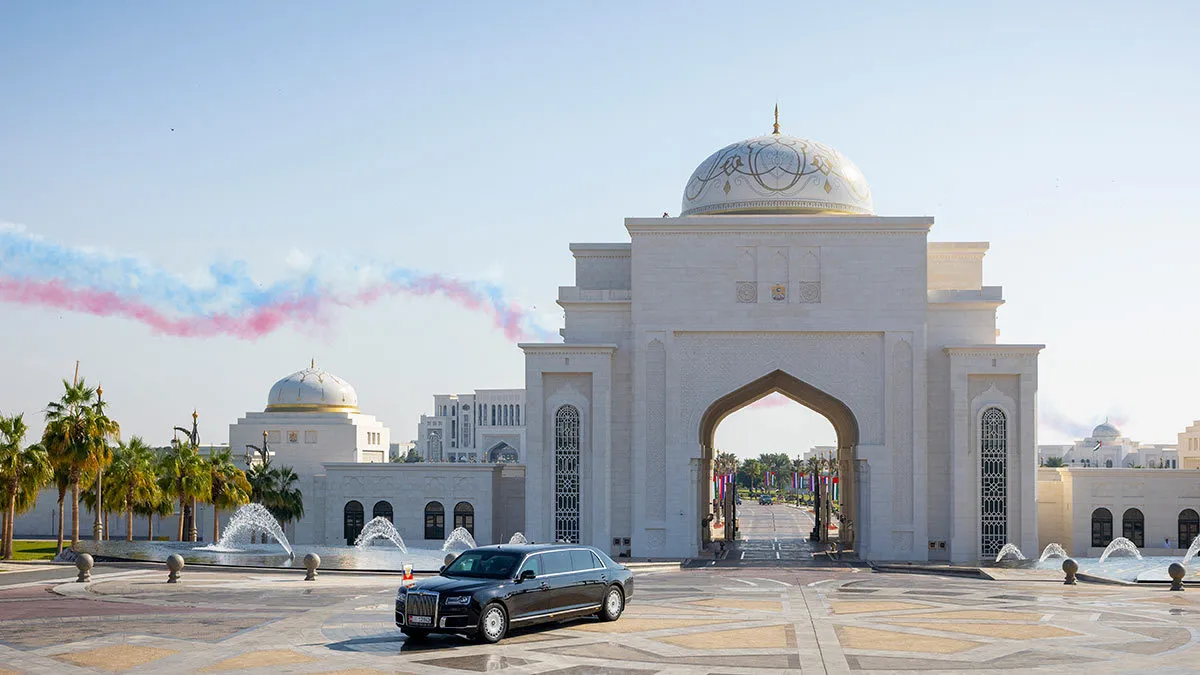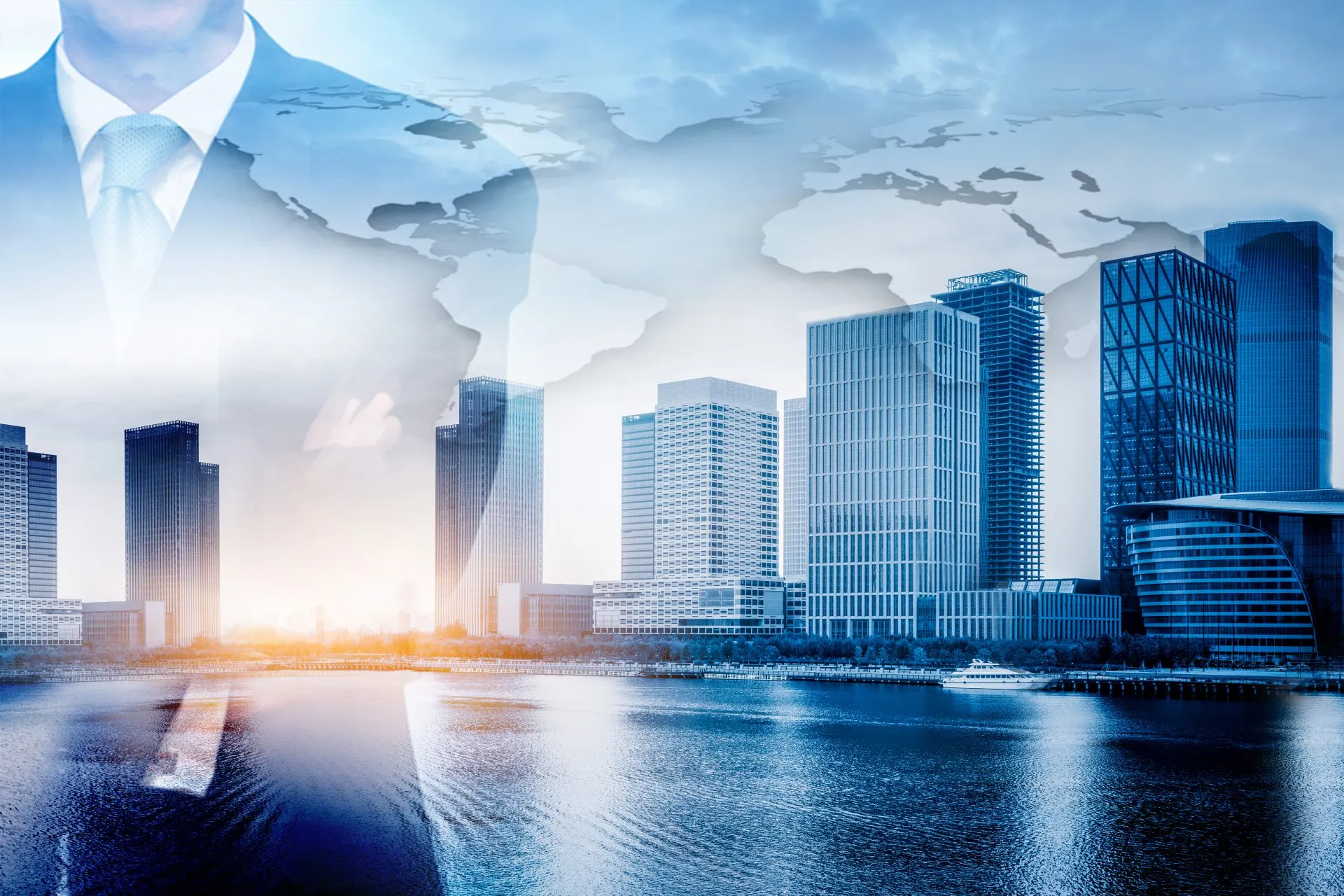Just a few years ago, the UAE was considered a country with no business taxes. However, the rules have changed since 2018. First, a value-added tax (VAT) was introduced, followed by a corporate tax in 2023. Nonetheless, the tax rates here remain among the lowest in the world. Additionally, the UAE has Designated or Appointed Free Economic Zones, which are considered excluded regions, so the new tax rules do not apply there. These designated areas were created to attract investments.
List of Designated Free Zones in UAE
Dubai
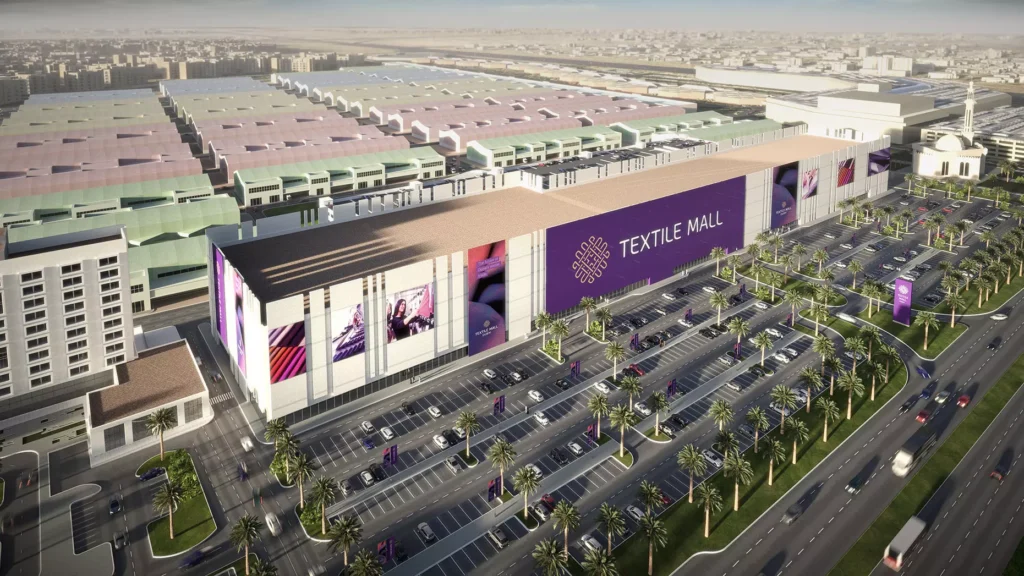
Currently, there are 45 Free Economic Zones in the Emirates, with just over 20 being designated. Dubai alone has 8 Designated Free Zones. Below is the list of Designated Zones in UAE.
| Brief description | |
|---|---|
|
Jebel Ali Free Zone (JAFZA) |
As of 2023, around 9,500 companies were registered here. Its proximity to the port facilitates global trade. Popular sectors include logistics, e-commerce, agriculture, and the chemical industry. |
|
Dubai Cars and Automotive Zone (DUCAMZ) |
This Free Zone was established in 2000 to re-export used cars to the markets of Asia and Africa. Currently, the Free Zone covers an area of 743,224 m². A minimum share capital of 100,000 dirhams is required to register a business here. |
| Dubai Textilе City |
Construction of this Zone was completed in 2006. It offers ample warehouse, office, and exhibition spaces for the rapidly developing textile business. |
| Free Zone area in Al Quoz |
This Zone is mainly designated for the development of creative fields such as writing, publishing, printing, cultural entertainment, music, video and film production, as well as the video game and software industries. |
| Al Qusais |
The largest industrial Zone consists of five sectors and three residential areas. The Zone also includes medical centers and large supermarkets. |
| Dubai Aviation City |
This Zone is the hub of the aviation industry. It provides perfect conditions for companies engaged in aviation developments, providing services for assembly and major repair of aircraft. |
| Dubai Airport Free Zone |
This is one of the fastest-growing Designated Free Zones in Dubai. As of early 2024, 3,100 businesses were registered here. Due to its proximity to the airport, various companies thrive here, including those in logistics, manufacturing, and trade in technology and jewelry. |
| International Humanitarian City – Jebel Ali |
Founded in 2003, Humanitarian City is part of global initiatives by the MBRGI foundation, focusing on humanitarian and emergency aid, healthcare, innovation, and entrepreneurship. |
Abu Dhabi
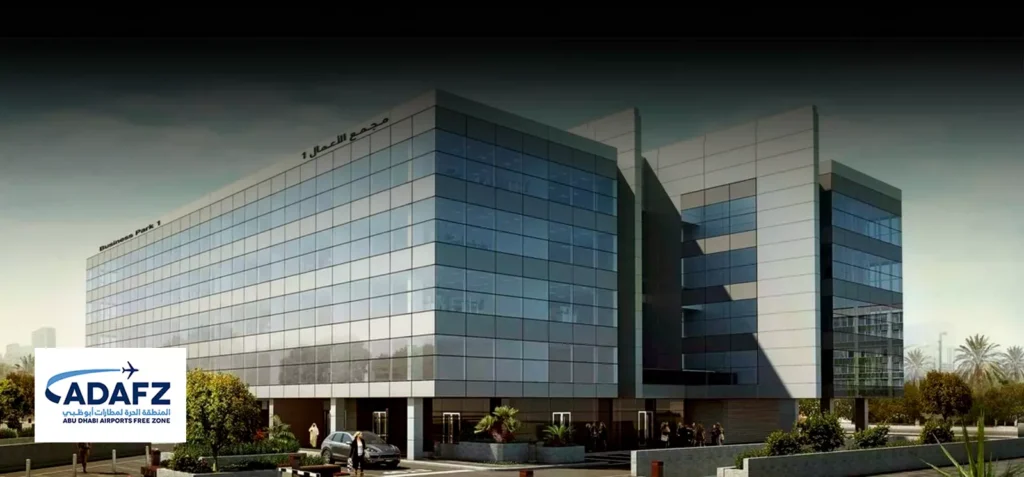
In Abu Dhabi, there are currently 5 such Zones.
| Brief description | |
|---|---|
|
Free Trade Zone of Khalifa Port |
Located in the port, this Zone is an excellent platform for logistics, trade, and industry. The most popular investment sectors here include pharmaceuticals, automotive, metallurgy, packaging, and food processing. |
|
Abu Dhabi Airport Free Zone |
Established in 2012 to diversify the Emirate’s economy, this Zone features modern equipped offices, business centers, and warehouses. It’s an excellent place for business development in various sectors, such as aviation, logistics, e-commerce, consulting, and other services. |
| Khalifa Industrial Zone |
This industrial Zone, opened in 2022, is located between Abu Dhabi and Dubai. It is an excellent logistics park with high-class ready-made warehouses. With access to water, air, and rail transport, the Zone provides access to many wholesale buyers. |
| Al Ain International Airport Free Zone |
Two international airports in Abu Dhabi and Al Ain were declared a Designated Zone in 2011. It includes excellent warehouse facilities, commercial offices, and land for development, making it a great place for the development of light industry. |
| Al Bateen Executive Airport |
This exclusive round-the-clock airport has been a world-class representative facility since 2008, with a highly developed VIP client service sector. |
Other Emirates
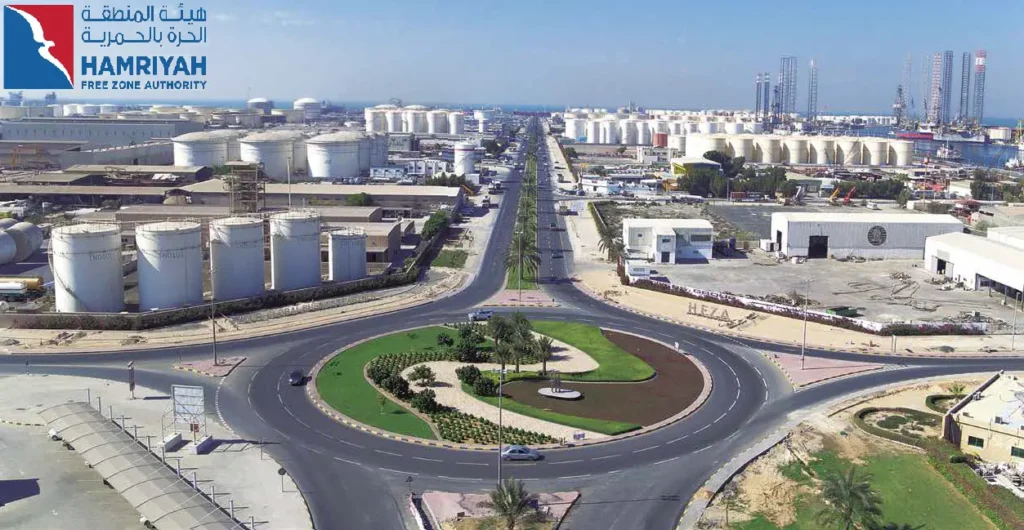
The other zones are located in different emirates.
| Name of free zone and brief description | |
|---|---|
|
Hamriyah Free Zone |
Founded in 1995, this industrial Free Zone offers investors modern infrastructure, logistics, and land for corporate development. |
|
Sharjah Airport International Free Zone |
This oldest Zone has earned a reputation as a reliable base for service-providing companies. It features premium-class offices equipped with modern technology and furniture, situated in business centers. |
| Name of free zone and brief description | |
|---|---|
|
Ajman Free Zone |
Located near the port and two airports. The sectors available for development here include food trade, beauty salons, medical services, construction, education, agriculture, and the automotive business. |
| Name of free zone and brief description | |
|---|---|
|
Umm Al Quwain Free Trade Zone |
Situated near seaports and the largest airport, this Zone is an excellent commercial base for trade and a platform for investments. This developed Free Zone has direct access to the port and was founded in 1987. Therefore, the range of business sectors here is quite broad. |
| FREE ZONE NAME AND BRIEF DESCRIPTION | |
|---|---|
|
RAK Free Trade Zone |
Located in the northernmost part of the Emirates, 100 km from Dubai, the living and business costs here are lower than in other zones. It is convenient for opening branches and representative offices, single-owner companies, or partnerships with 2-5 partners. For some activities, no share capital is required. |
|
RAK Maritime City Free Zone |
This Zone hosts one of the largest centers for maritime and industrial trade. With a deep-water port and several hundred kilometers of land with water access, it provides an excellent base for marine product manufacturing, shipbuilding, and international trade. |
|
RAK Airport Free Zone |
The airport Zone has become a hub for shipbuilding, maritime trade, manufacturing, and tourism. This Designated Zone offers ideal conditions for investors looking to develop aviation or tourism businesses. |
| FREE ZONE NAME AND BRIEF DESCRIPTION | |
|---|---|
|
Fujairah Free Zone |
This Free Zone, with no taxes for entrepreneurs, provides access to the Indian Ocean and the Gulf of Oman via the Port of Fujairah. Well-equipped offices, warehouses, and ready-made industrial blocks offer a strong start for business in the region. |
|
FOIZ (Fujairah Oil Industry Zone) |
The main focus of this Zone is the oil industry. Extensive storage facilities, modern infrastructure, and a deep-water port present excellent prospects for investors. |
What are Designated Zones in UAE?
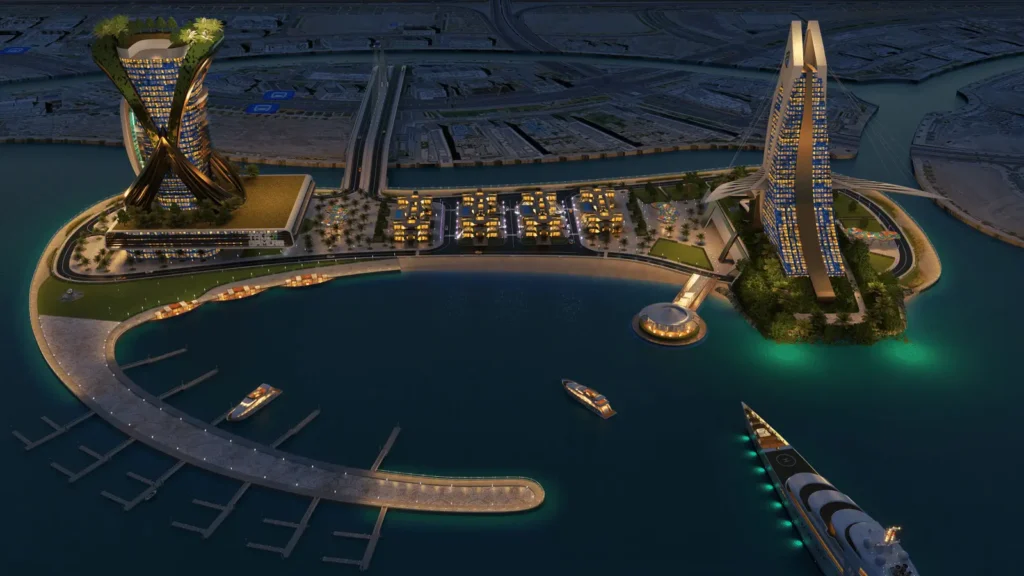
Why do we raise the question: “What is Free Zone as a Designated Zone in UAE?” The fact is that not every Free Zone is a Designated Zone. Let’s delve a bit into history and mention the compromise solutions and established rules.
History of Designated Zones
In the 1960s, oil was discovered in the Emirates. The local authorities wisely managed the resources, deciding to invest the earned money in building cities, developing business, and tourism. As construction costs in the emirates grew, the money for ambitious plans became insufficient. Therefore, the government decided to introduce VAT, a common practice worldwide, applied in 135 countries. However, deterring investors was not the right move either.
Some time after the introduction of VAT, the Cabinet of Ministers Adopted Resolution No. 59/2017 on Designated Zones to attract foreign investments. It Lists free zones considered to be outside the state’s jurisdiction. This means that VAT does not apply to them, provided that the Designated Zones meet the requirements listed in Regulation No. 52/2017, an addition to Federal Law No. 8/2017 on value-added tax.
Interestingly, due to the UAE government’s smart policies, today, oil sales account for only 10% of the revenue. All other funds are attracted through tourism and the rapid development of trade.
Requirements for Designated Zones
Designated Zones must have special fencing to restrict free access to the territory, and the following processes must be organized:
- Tracking the entry and exit of individuals beyond the zone.
- Customs control of goods.
- Establishing rules for the import, processing, and storage of cargo.
- Registering only those businesses that conform to the list of permitted activities within the Zone.
Administrators of Designated Zones must comply with the requirements of the UAE Federal Tax Authority.
Advantages of registering a business in a Designated Free Zone in the UAE
- 100% ownership of property without the need for local partners or investors.
- Tax benefits, including exemption from corporate tax for 15 to 50 years, depending on the Zone and type of activity.
- Supplies within the Designated Zone are generally not subject to VAT, with some exceptions, such as providing certain services.
- No customs duties.
- The ability to hire expatriates (foreign specialists).
- Free disposal of funds.
- No currency control.
- Office and warehouse spaces, fully or partially equipped, available at an affordable, tax-free price.
- 100% capital repatriation.
- Simpler and faster company establishment compared to other Free Zones in the UAE due to streamlined business registration.
Note: To open a bank account in these Zones, you may need to deposit between 50,000 and 300,000 dirhams into the company’s capital account. However, in some cases, this requirement may not be necessary. During a legal consultation with our Company, we tailor options to fit the specified budget.
Difference between Designated Zones and other Free Zones
Some business conditions in Free and Designated Zones are very similar. However, Free Zones are still part of the UAE territory, so they are not exempt from VAT and corporate tax.
If you want to reduce your tax burden in the future, we recommend consulting our experts before deciding on company registration. They are well-versed in local laws and can help audit your business and calculate development prospects in different Zones.
Taxation in Designated Zones
By law, when a company reaches a turnover of 375,000 dirhams, it must pay VAT at 5%. To obtain tax benefits, remember these simple rules: if you sell goods within one or several Designated Zones or outside the UAE, they are not subject to VAT. If you deliver goods from a Designated Zone to the mainland (or vice versa), VAT must be paid.
This rule does not apply to services, as they are more difficult to regulate, so VAT must be paid in any case.
How to open a company in a Designated Zone in UAE
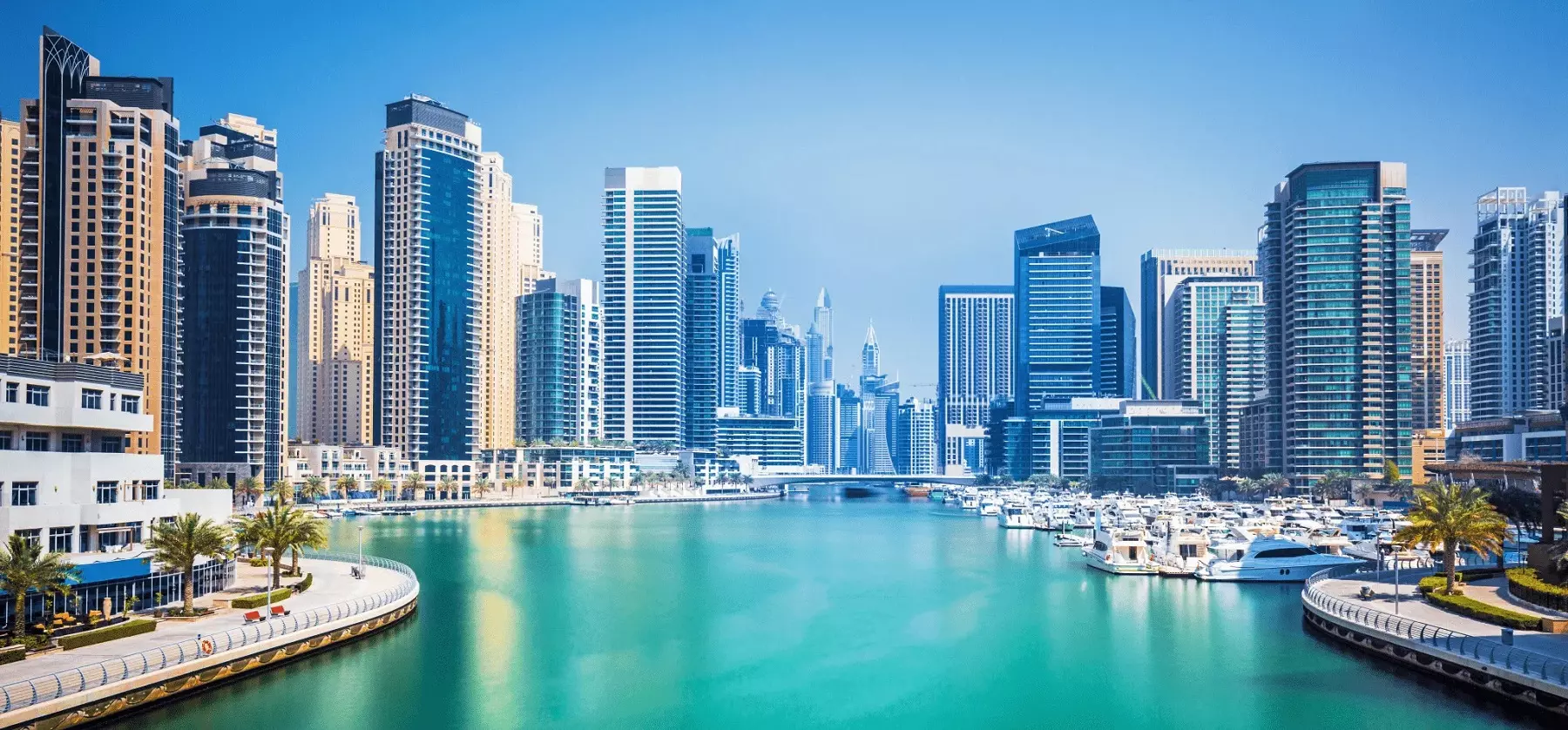
To register a company in a Designated Zone, follow these steps:
- Choose a Zone for business registration.
- Select the type of legal entity (you can open an offshore or onshore company, branch, or start with a representative office).
- Choose a unique company name (some names are prohibited in the UAE).
- Rent an office (in Designated Zones, you can rent a virtual office, which may be of interest to businesses providing online services).
- Obtain a business license (this involves collecting, preparing, legalizing, and notarizing documents).
Conclusion
Opening a business or branch in the Designated Free Zones of the UAE has many advantages. To fully benefit from them, you will need specialists’ professional legal and notarial services.
As a licensed agent, we help you choose:
- the most suitable Designated Zone;
- a company name that meets local requirements;
- a virtual or physical office for registering a legal address.
By providing comprehensive services for business registration, legal, and financial support, we select the best solutions based on your requirements and resource capabilities. Experience the reliable support of our specialists, which is especially important as you explore new business opportunities in a country with different laws and a unique culture.


